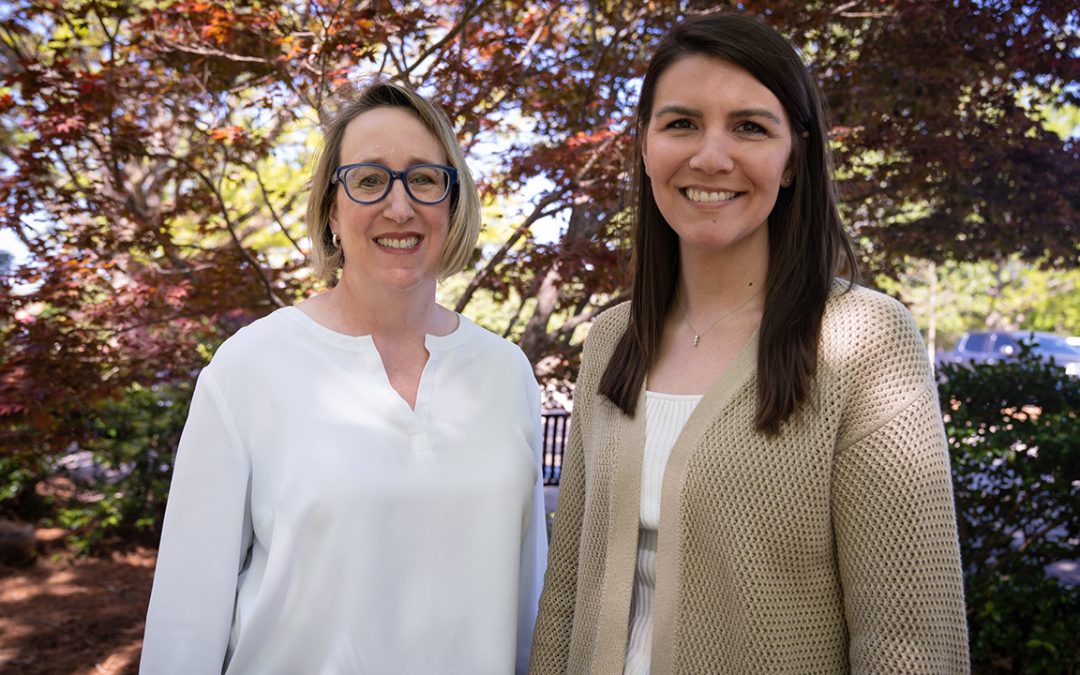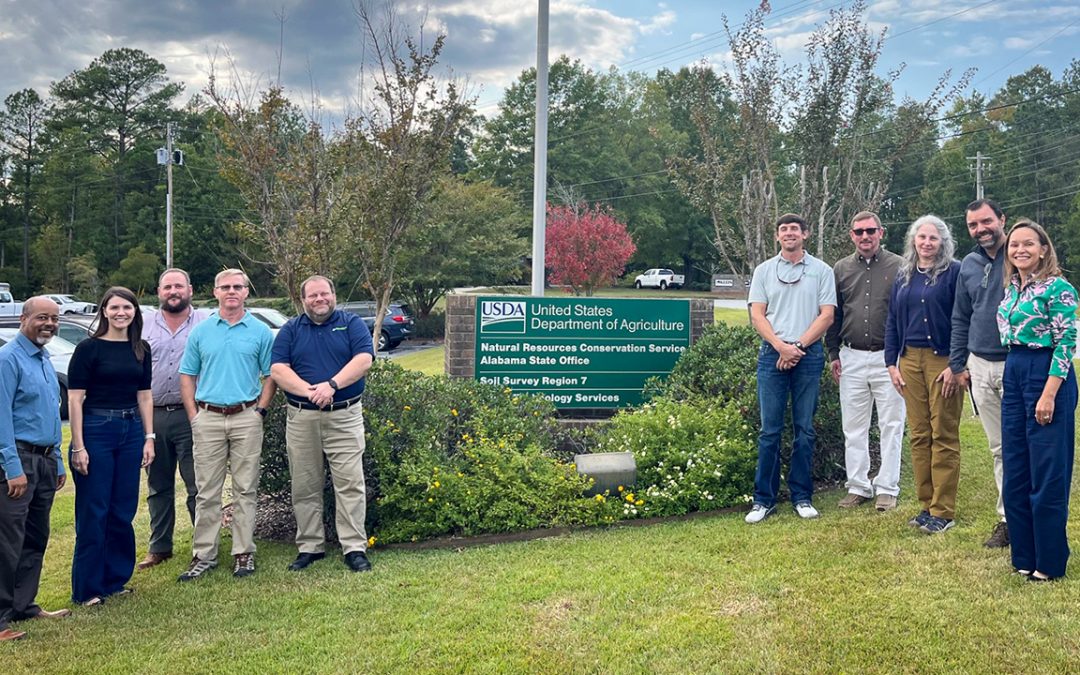by MARY CATHERINE GASTON

As executive director of Alabama’s Higher Education Partnership, Gordon Stone advocates for the state’s four-year public universities.
You can call Gordon Stone a lot of things, because he’s been a lot of things in his 52 years on earth—letterman, lobbyist, farmhand, father, missionary, mayor. But there’s one thing you can’t call the 1986 College of Ag grad: You can’t call him a quitter.
Raised on a cattle farm in Wilcox County’s Pine Apple community, Stone learned the necessity of hard work from those who surrounded him, including his mother, a social worker, and his father, who ran a country store in addition to farming.
During high school, the younger Stone set his mind to becoming quarterback of the football team. It was a step toward his dream of playing football for the Auburn Tigers, and he pursued it with a passion that would become characteristic of anything he attempts. Before and after school, in between chores, football practice, homework and even organ lessons, Stone would practice throwing a football through a tire in his parents’ front yard—hundreds of times a day. He carried a football around with him everywhere he went during those years, undaunted by the difficulty that entailed and the teasing it inspired. He was a man on a mission.
Still, when he graduated from the small high school and headed to the Plains, he was far from being one of Auburn’s top recruits. Undeterred, he walked on the team as a freshman, and again as a sophomore, and again as a junior. There were lots of practice days, and he didn’t see much time on the field during games, but his commitment paid off his senior year when he received his varsity letter from Coach Pat Dye.
After earning his degree in agricultural business and economics, Stone went on to play an active role in the Auburn Football Lettermen’s Club, serving as the organization’s president for six years and seeing it through a tough transition recently. This isn’t the only organization Stone has led through a proverbial “third-and-long” situation. In fact, the tougher the challenge, the more likely it seems to hit Stone right on the numbers.
Take, for example, his work as executive director of Alabama’s Higher Education Partnership, the nonprofit Stone has led since 1997. Formed by the state’s public, four-year universities in response to declining state appropriations, the partnership advocates for policies that put the schools on more equitable footing in relation to other levels of education and that recognize the impact universities have on Alabama’s economy. If you’re familiar with the annual Higher Ed Day rally on the State House steps, then you know the partnership.
“Before ’97, the university voice was not even considered when education policy decisions were being made,” Stone says. But in the 2000 legislative session, thanks in large part to the partnership’s efforts, the four-year schools won a major victory. Staring down a revenue shortfall, the Legislature was considering proration, or across-the-board budget cuts, for all state-funded entities. Stone led the university effort to change the long-held status quo.
“For the first time, we were able to keep the Legislature from prorating universities at a higher rate than other levels of education,” he says. “It happened because we worked together, and it was a huge victory for university advocates.”
Coincidentally, the same year that Stone joined the partnership team, he became part of another underdog effort, this one closer to home. In 1997 he and his wife, Ellen, were part of a group of 300 residents of east Montgomery County who voted to incorporate the Town of Pike Road.
Located on the outskirts of the county’s only other municipality, Montgomery, the rural Pike Road community for decades had experienced unwelcome changes fueled by the capital city’s eastward expansion. After earlier attempts to influence the nature and extent of that growth had failed to produce the hoped-for results, the residents saw no other way to preserve the character of the historically agricultural area than to become a city themselves.
Elected to Pike Road’s town council in 2000, then mayor four years later, Stone helped lead the town through a series of events that threatened its very existence. In 2005, town leadership established a plan to create a municipal public school system, and by 2012, with Stone still serving as mayor, the town’s population had surpassed 5,000—the minimum required by the state to make that goal a reality.
The Pike Road School System opened its first facility this fall, just weeks after Stone returned from leading a mission trip to Puerto Rico with his younger daughter, Emily, and her softball team. While it wasn’t the first mission trip for either Stone—previously, the entire family led a trip to New York City—it was a special one because it was the last trip the two would take together before Emily headed to the Plains for her freshman year. Majoring in agricultural communications, Emily will be the fourth generation of her family to graduate from Auburn’s College of Agriculture, while her older sister, Sarah Grace, is a sophomore at Troy University.

From left, Gordon Stone, daughters Sarah Grace and Emily and wife, Ellen, at an Auburn football game in 2014
Ask either Stone girl about their approach to college, their numerous extracurricular activities, or life in general, and they might just recite one of their dad’s favorite phrases: “There’s no limit to what you can accomplish when you prayerfully, persistently pursue your passions.”
No quitting allowed.




